Links to external sources may no longer work as intended. The content may not represent the latest thinking in this area or the Society’s current position on the topic.
Climate change: science, responses and research needs

Watch the Royal Society conference on the implications of the IPCC Sixth Assessment Report for the UK and urgent policy and research needs.
Day 1: www.youtube.com/2l9QPWWk_zQ
Day 2: www.youtube.com/JVxWlVp5TzY
Read the post conference reflections from the organisers on where next for UK climate policy and research
Read the Royal Society's summary of the Sixth Assessment report and the implications for the UK.
Download the conference programme (PDF)
The Sixth Assessment Report (AR6) of the Intergovernmental Panel on Climate Change (IPCC) delivers the starkest warning yet on the risks of climate change. The Royal Society brought together leading scientists, policy professionals and representatives from the energy and land use sectors to discuss the findings and implications of the IPCC AR6 reports.
What is the IPCC Sixth Assessment Report?
The IPCC Sixth Assessment Report provides the most comprehensive analyses of the latest climate science, impacts and vulnerabilities related to climate change. It highlights that immediate, rapid and large-scale reductions in greenhouse gas emissions are needed, alongside urgent actions to mitigate and adapt to climate change. IPCC reports underpin major international climate agreements, including the Kyoto Protocol and the Paris Agreement.
The three Working Groups of the IPCC presented the latest knowledge on:
- The physical science of climate change
- Climate change impacts, adaptation and vulnerability
- Mitigation of climate change: methods of reducing greenhouse gas emissions and removing greenhouse gases from the atmosphere
Working Group I reported on the most up-to-date physical science knowledge on climate change in August 2021. It highlighted that climate change is widespread, rapid and intensifying. Working Group II published its report on impacts, adaptation and vulnerabilities at the end of February 2022 and Working Group III published a report on climate change mitigation at the beginning of April 2022.
Structure of the Conference
We heard from IPCC lead authors, working group chairs, policy professionals and representatives from the land-use and energy sectors as they reflected on the findings of the reports and explored the implications for policy and evidence-based action.
Day 1 considered the key findings of AR6, outcomes of COP26 and the implications for policy, land-use and the energy sector, and future IPCC activity. Day 2 aimed to identify the scientific research and collaborations needed to progress our knowledge of climate change and contribute to global climate policy and responses.
The conference took place at the Royal Society, 6-9 Carlton House Terrace, London, SW1Y 5AG, and online.
For enquiries contact the Resilient Futures team
Schedule
| 08:00 - 08:05 |
Welcome address
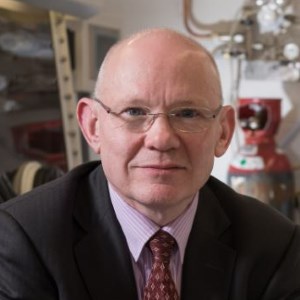
Professor Peter Bruce FRS

Professor Peter Bruce FRSPeter Bruce is Wolfson Professor of Materials at the University of Oxford. His research interests embrace materials chemistry and electrochemistry, with a particular emphasis on energy storage. Recent efforts have focused on the synthesis and understanding of new cathode materials for lithium and sodium ion batteries, understanding processes in all solid-state batteries and the challenges of the lithium-air battery. His pioneering work has provided many advances. Peter has received numerous awards, including the Tilden Prize of the RSC, the Carl Wagner Award of the ECS, the Liversidge Award of the RSC and the Hughes Medal of the RS. He has also been recognised as a Highly Cited Researcher by Clarivate Analytics each year since 2015. Peter is a founder and Chief Scientist of the Faraday Institution, the UK centre for research on electrochemical energy storage. Peter took up the position of Physical Secretary and Vice President of the Royal Society in 2018. |
|---|---|
| 08:05 - 08:20 |
COP26 President Video Address
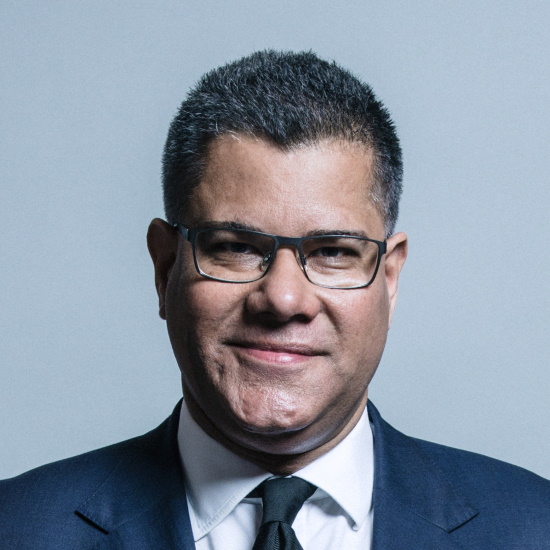
The Rt Hon Alok Sharma MP

The Rt Hon Alok Sharma MPAlok Sharma was appointed full-time President for COP 26, the 26th United Nations Climate Change Conference, on 8 January 2021. He was previously Secretary of State for Business, Energy and Industrial Strategy and President for COP 26 between 13 February 2020 and 8 January 2021. He was previously Secretary of State for International Development from 24 July 2019 to 13 February 2020, and Minister of State for Employment at the Department of Work and Pensions from 9 January 2018 until 24 July 2019. He was Minister of State for Housing and Planning, for the Department for Communities and Local Government from 13 June 2017 to 9 January 2018. |
| 08:20 - 08:30 |
Overview of the conference
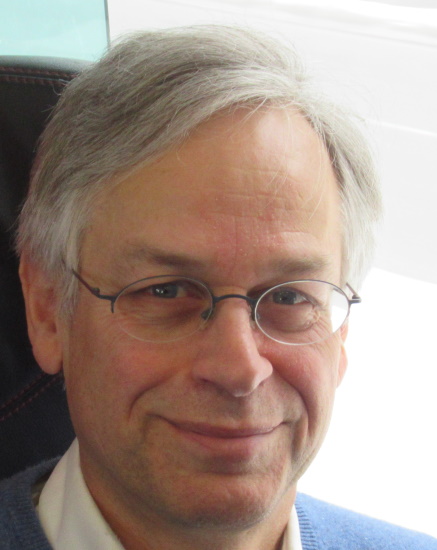
Professor Eric Wolff FRS

Professor Eric Wolff FRSProfessor Eric Wolff FRS is a Royal Society Research Professor in the Department of Earth Sciences at Cambridge University. After graduating as a chemist, he has studied ice cores from the Antarctic and Greenland for the past 40 years, using them to understand changing climate, as well as changing levels of pollution in remote areas. Professor Wolff is also an Honorary Fellow at the British Antarctic Survey where he worked for many years. He chaired the science committee of the European Project for Ice Coring in Antarctica (EPICA), which produced 800,000 year records of climate from the Dome C (Antarctica) ice core. He recently held an ERC Advanced Grant that studies the past stability of the West Antarctic Ice Sheet. He chairs the Royal Society's working party on climate change, helping to produce a number of public and policy-facing reports. |
Chair
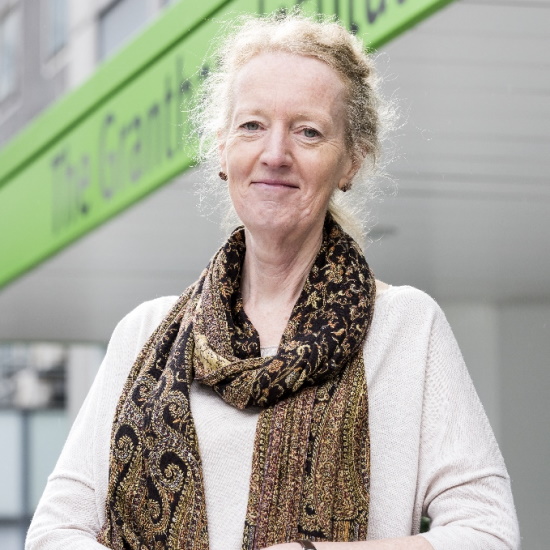
Professor Joanna Haigh CBE FRS

Professor Joanna Haigh CBE FRS
From May 2014 until her retirement in 2019 Joanna Haigh was co-Director of the Grantham Institute – Climate Change and the Environment at Imperial College London. For five years prior to that she was the Head of the Department of Physics at Imperial.
Joanna is Emeritus Professor of Atmospheric Physics and has published widely in the area of radiative transfer in the atmosphere, climate modelling and radiative forcing of climate change. Her work on how changes in solar activity influence the climate has been particularly influential.
She has contributed to the scientific community through membership of panels for, among many others, the US National Academies of Science, the European Space Agency, Canada Excellence Research Chairs, the Karlsruhe Institute of Technology, the Cyprus Institute, the Royal Society and the National Physical Laboratory.
She is a Fellow of the Royal Society, the Institute of Physics (IoP) and the City & Guilds Institute and an Honorary Fellow of Somerville College, Oxford and of the Royal Meteorological Society (RMetS) of which she is also a past-President. She has been a Lead Author for the UN Intergovernmental Panel on Climate Change, and shares a Nobel Peace Prize with several hundred others for that work. She has been awarded the IoP Chree Medal and Prize, and the RMetS Adrian Gill Prize, for her work on the interface between atmospheric science and solar physics, and was appointed CBE for her services to physics in 2013.
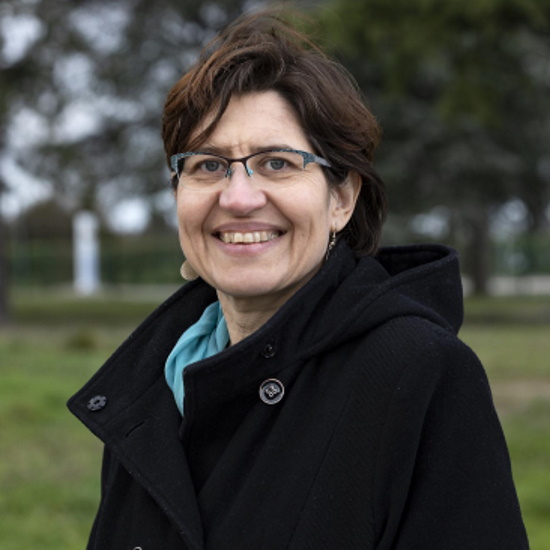
Dr Valérie Masson-Delmotte

Dr Valérie Masson-DelmotteValérie Masson-Delmotte is a climatologist at the Laboratory for Sciences of Climate and Environment (LSCE) and a research director at the Alternative Energies and Atomic Energy Commission (CEA). She has been Co-Chair of the IPCC Working Group I for its 6th assessment cycle since being elected in 2015. She has served on numerous national and international projects in addition to the IPCC, including serving as a member of the French Research Strategic Council since 2014. She has published extensively, including several books for the general public, as well as books for children. 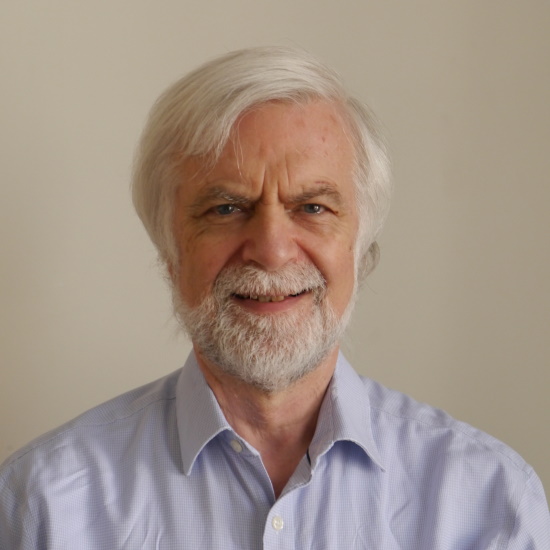
Professor Jim Skea CBE OBE

Professor Jim Skea CBE OBEJim Skea is Professor of Sustainable Energy at Imperial College London with research interests in energy, climate change and technological innovation. He is currently Co-Chair of IPCC Working Group III for the 6th assessment cycle. He was Research Director of the UK Energy Research Centre 2004-12 and Director of the Policy Studies Institute 1998-2004. He has operated at the interface between research, policy-making and business throughout his career. He was a member of the UK Committee on Climate Change from its inception in 2008 until 2018. From 2018 to 2021 he chaired the first phase of the Scottish Just Transition Commission which made recommendations on how to make a fair and equitable transition to net zero greenhouse gas emissions in Scotland. He was re-appointed as Chair for the second phase in 2021. Until June 2017, he was President of the UK Energy Institute. He was awarded a CBE for services to sustainable energy in 2013 and an OBE for services to sustainable transport in 2004. 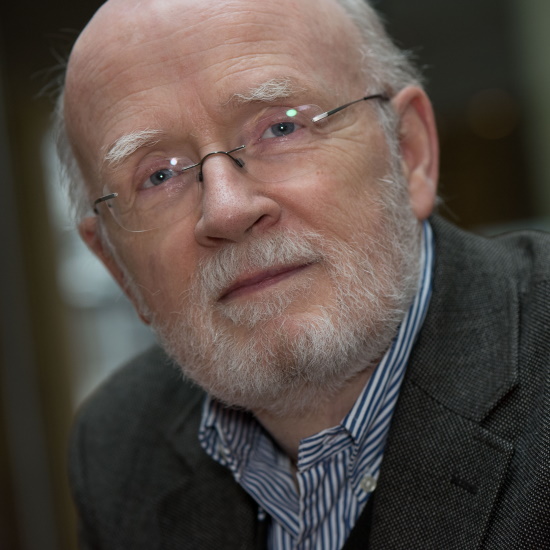
Professor Hans-Otto Pörtner

Professor Hans-Otto PörtnerProfessor Hans-O. Pörtner received his PhD and habilitated in Animal Physiology at Münster and Düsseldorf Universities. As a Research and then Heisenberg Fellow of the German Research Council he worked at Dalhousie and Acadia Universities, Nova Scotia, Canada and at the Lovelace Medical Foundation, Albuquerque, New Mexico, USA, before he became Professor and Head of Integrative Ecophysiology at the Alfred Wegener Institute, Bremerhaven, Germany. He has established theory and evidence on effects of climate warming, ocean acidification, and hypoxia on marine animals and ecosystems. His efforts focus on linking biogeography and ecosystem functioning to molecular, biochemical and physiological mechanisms shaping organism tolerance and performance. After his earlier contributions (as Lead Author and Coordinating Lead Author) to the 4th and 5th assessment cycles of the IPCC (Intergovernmental Panel on Climate Change) he was elected Co-Chair of IPCC Working Group II for AR6 in October 2015. He is an elected member of the European Academy of Sciences, the German Advisory Council on Global Change and a Web of Science/Clarivate Analytics highly cited researcher (top 1% Cross-Field) 2018 onward. |
Chair
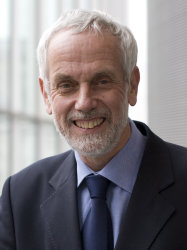
Professor Sir Brian Hoskins FRS

Professor Sir Brian Hoskins FRS
Brian Hoskins has been a Professor of Meteorology in the University of Reading for 40 years, was the Founding Director of the Grantham Institute for Climate Change at Imperial College London and is now its Chair.
His research interest has been in weather and climate, in particular the understanding and modelling of atmospheric motion on all scales.
He has had many international roles, including being vice-chair of the Joint Scientific Committee for the World Climate Research Programme, President of the International Association of Meteorology and Atmospheric Sciences and involvement in the 2007 IPCC climate change assessment. In the UK he was a member of the UK Climate Change Committee for its first 10 years.
He is a member of the science academies of the UK, USA, China and Europe, and was knighted in 2007 for his services to the environment.
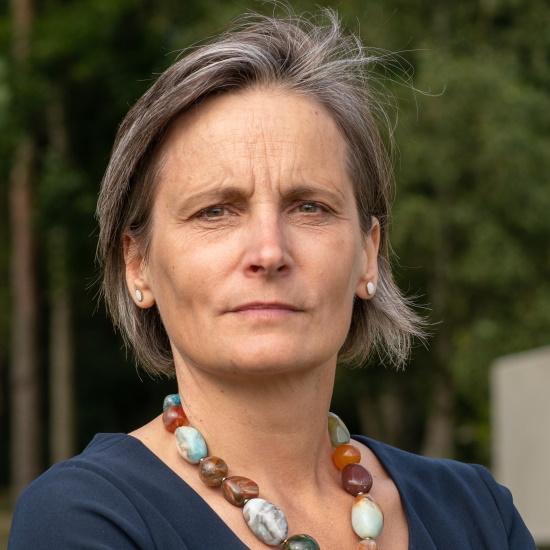
Professor Corinne Le Quéré

Professor Corinne Le QuéréProfessor Corinne Le Quéré FRS CBE, is Royal Society Professor of Climate Change Science at the University of East Anglia. She conducts research on the interactions between climate change and the carbon cycle, including those mediated by marine ecosystems. She authored several Assessment reports by the Intergovernmental Panel on Climate Change (IPCC) and is former Director of the Tyndall Centre for Climate Change Research. She instigated and led for over a decade the annual update of the global carbon budget within the Global Carbon Project, providing up to date insights on the evolution of CO2 emissions and natural sinks. She Chairs France’s Haut conseil pour le climat and is a member of the UK Climate Change Committee. 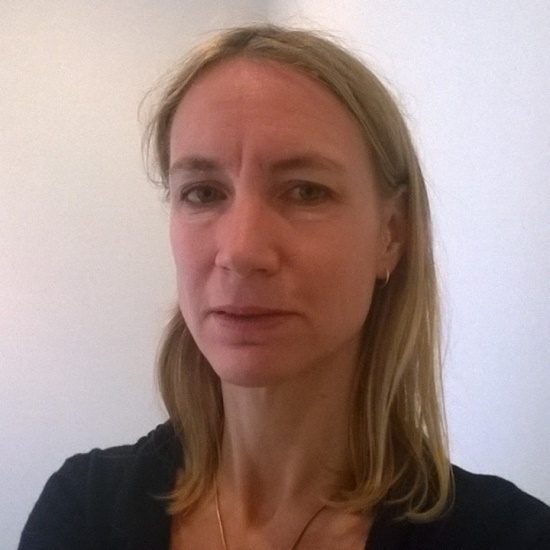
Dr Sarah Honour

Dr Sarah HonourSarah has worked for the UK government for over 15 years on a range of science issues from air quality and ecosystem services through to using research and international partnerships to tackle global development challenges. She has represented the UK in a range of international science fora including the G7, Intergovernmental Panel on Climate Change (IPCC) and the UN Framework Convention on Climate Change (UNFCCC). In her current role, she is responsible for scientific advice to support UK progress to net zero and global climate action. This includes: tracking progress in meeting climate targets through the UK’s Greenhouse Gas Emissions Inventory; the UK’s engagement on international climate science including the IPCC; and climate science research and services, including the Met Office Hadley Centre Climate Programme. 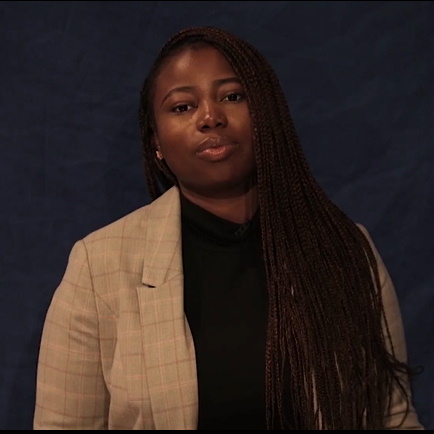
Oluwadabira Abiola-Awe

Oluwadabira Abiola-AweOluwadabira Abiola-Awe is the Solutions Movement Associate for Student Energy. Building on her leadership working with young people on energy projects in Nigeria, Oluwadabira is building programs that aim to launch 10,000 youth-led energy projects globally with funding, skill-building resources, and mentorship young people need to become the generation that will meet our 2030 climate goals. 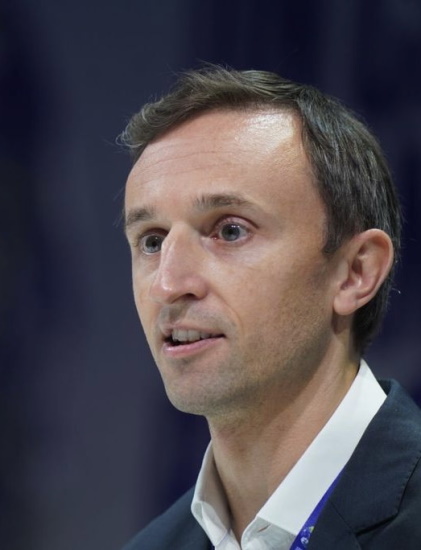
Archie Young

Archie YoungAs Lead Negotiator for the UK COP26 Presidency, Archie led the process that resulted in all 197 parties agreeing the 'Glasgow Climate Pact' and finalising the Paris Agreement Rulebook at COP26 in November 2021. He has been the UK’s Lead Climate Negotiator since 2016, overseeing climate negotiations in the UNFCCC, EU, G7 and G20. He has a background in both international and domestic policy. Previous roles include co-Director International Climate & Energy; Deputy Director Americas & Head of South America Department in the Foreign & Commonwealth Office; Head of Delivery in the Department of Energy & Climate Change; and Deputy Director for Business, Environment and the Olympics in the Prime Minister’s Delivery Unit. |
Chair

Professor Corinne Le Quéré

Professor Corinne Le Quéré
Professor Corinne Le Quéré FRS CBE, is Royal Society Professor of Climate Change Science at the University of East Anglia. She conducts research on the interactions between climate change and the carbon cycle, including those mediated by marine ecosystems. She authored several Assessment reports by the Intergovernmental Panel on Climate Change (IPCC) and is former Director of the Tyndall Centre for Climate Change Research. She instigated and led for over a decade the annual update of the global carbon budget within the Global Carbon Project, providing up to date insights on the evolution of CO2 emissions and natural sinks. She Chairs France’s Haut conseil pour le climat and is a member of the UK Climate Change Committee.
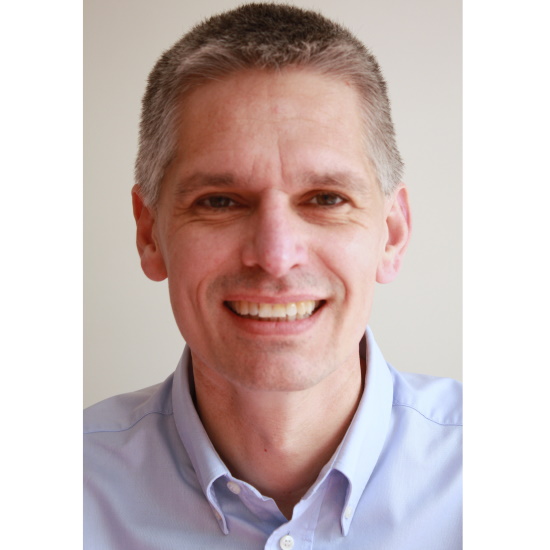
Professor Andrew Jordan

Professor Andrew JordanAndy Jordan studies the politics that arise when attempts are made to govern environmental problems using the tools and methods of public policy. He examines how these different forms of politics have played out in relation to the use of policy instruments, policy coordination across sectors, policy innovation and policy dismantling. He is particularly interested in governing processes that occur in the European Union, its Member States and third countries outside of Europe.Andy has published a number of papers and books on these themes, including The Tools of Policy Formulation (Edward Elgar, 2015, with John Turnpenny) and Durable by Design? (CUP, 2020, with Brendan Moore). Between 2014 and 2018, Andy was the Chair of COST Action IS1309 (Innovations in Climate Governance -INOGOV, 2014-8), a 28 country network of excellence. In 2015-16, Andy served as a specialist advisor to the UK Parliamentary environmental audit committee for its inquiry on the EU referendum. In 2016-20, he served on the Scientific Committee of the European Environment Agency. Andy currently sits on DEFRA's Science Advisory Council: Social Science Expert Group (2018- ) and the editorial boards of three international academic journals - West European Politics, Policy Sciences and Environmental Politics. In 2008, Andy was elected a Fellow of the Academy of Social Sciences (FAcSS) and in 2017 was identified as a Web of Science Highly Cited Researcher, one of only 180 social scientists in the world. 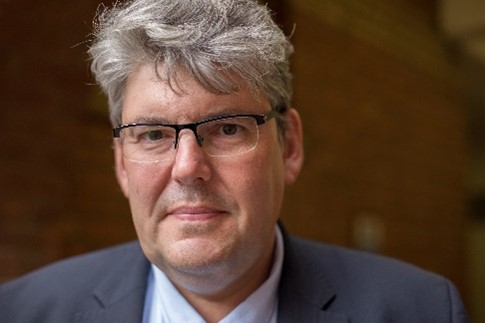
Professor Paul Monks BSc, DPhil, FRMetS, FRSC

Professor Paul Monks BSc, DPhil, FRMetS, FRSCProfessor Paul Monks is the Chief Scientific Adviser (CSA) for the Department for Business, Energy and Industrial Strategy (BEIS). As BEIS CSA, he delivers independent and impartial scientific advice to Ministers and policy makers across the BEIS portfolio. The BEIS CSA portfolio spans a wide range of policy areas, including energy (such as nuclear (fission and fusion), geothermal and hydrogen), climate change, electric vehicles, medical radionuclides, space and national security. His role also covers advising on current and ongoing issues faced by UK businesses and industry, with recent focus on the critical role of science in supporting sustainable, resilient and measurable Net Zero and the challenges of delivering national and global decarbonisation. Professor Paul Monks also works closely with the Government Chief Scientific Adviser, other Departmental CSAs, and BEIS Chief Economist, to strengthen the links within and across departments, encouraging effective engagement and knowledge sharing, and to support delivery of a robust evidence base to underpin BEIS policy decisions. Prior to joining the department, Professor Paul Monks was Pro-Vice Chancellor and Head of College of Science and Engineering at the University of Leicester, where he remains a Professor in Atmospheric Chemistry and Earth Observation Science. 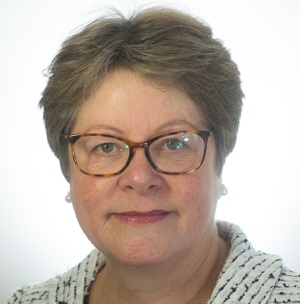
The Baroness Brown of Cambridge DBE FREng FRS

The Baroness Brown of Cambridge DBE FREng FRSBaroness Brown is an engineer, with a career spanning senior engineering and leadership roles in industry and academia. Her interests include climate change adaptation and mitigation and the low carbon economy. In this area she currently serves as: Vice Chair of the Committee on Climate Change and Chair of the Adaptation Sub-Committee; non-executive director of the Offshore Renewable Energy Catapult; member of the WEF Global Agenda Council on Decarbonising Energy. She was non-executive director of the Green Investment Bank, she led the King Review on decarbonising transport (2008), and she is the UK’s Low Carbon Business Ambassador. She is a crossbench Peer and a member of the House of Lords European Union Select Committee. 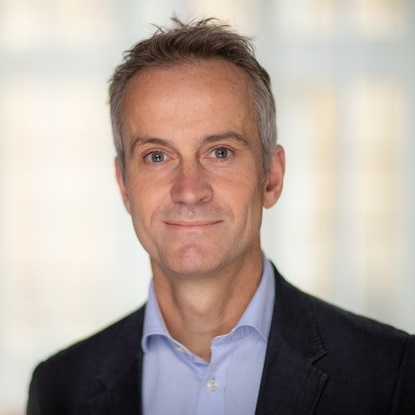
Professor Gideon Henderson FRS

Professor Gideon Henderson FRSGideon Henderson FRS became Defra’s Chief Scientific Adviser from October 2019 and is a Professor of Earth Sciences at the Department of Earth Sciences, University of Oxford. He is also a Senior Research Fellow at University College, Oxford and an Adjunct Associate Research Scientist at the Lamont Doherty Earth Observatory of Columbia University. In 2013, he was elected a Fellow of the Royal Society. His research uses geochemistry to understand surface earth processes, particularly those relating to climate, the ocean, and the carbon cycle. |
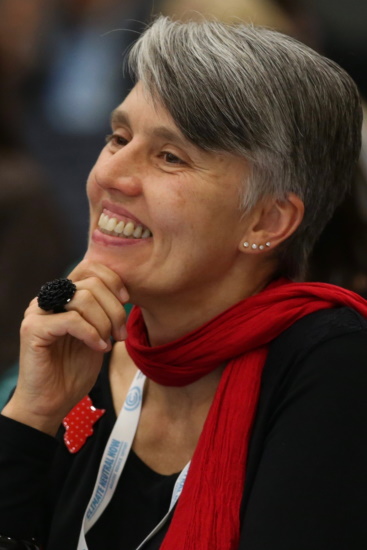
Dr Debra Roberts

Dr Debra RobertsProfessor Debra Roberts heads the Sustainable and Resilient City Initiatives function in eThekwini Municipality (Durban, South Africa). In 2015 Prof. Roberts was elected as Co-Chair of Working Group II (Impacts, Adaptation and Vulnerability) of the Intergovernmental Panel on Climate Change for the sixth assessment cycle (2015-2023). She is an Honorary Professor at the University of KwaZulu-Natal in the School of Life Sciences and has been an advisor to the Global Commission on Adaptation, United Cities and Local Governments and the United Nations Secretary General’s 2019 Climate Summit. In 2019 she was included in a list of the World’s 100 Most Influential People in Climate Policy. |
Chair

The Baroness Brown of Cambridge DBE FREng FRS

The Baroness Brown of Cambridge DBE FREng FRS
Baroness Brown is an engineer, with a career spanning senior engineering and leadership roles in industry and academia. Her interests include climate change adaptation and mitigation and the low carbon economy. In this area she currently serves as: Vice Chair of the Committee on Climate Change and Chair of the Adaptation Sub-Committee; non-executive director of the Offshore Renewable Energy Catapult; member of the WEF Global Agenda Council on Decarbonising Energy. She was non-executive director of the Green Investment Bank, she led the King Review on decarbonising transport (2008), and she is the UK’s Low Carbon Business Ambassador. She is a crossbench Peer and a member of the House of Lords European Union Select Committee.

Professor Pete Smith, University of Aberdeen

Professor Pete Smith, University of Aberdeen
Pete Smith is the Royal Society Wolfson Professor of Soils and Global Change at the Institute of Biological and Environmental Sciences, School of Biological Sciences at the University of Aberdeen (Scotland, UK). Since 1996, he has served as Convening Lead Author, Lead Author and Author for the Intergovernmental Panel on Climate Change (IPCC), which was awarded the Nobel Peace Prize in 2007, as the Convening Lead Author of the Agricultural Greenhouse Gas Mitigation chapter of the IPCC Fourth Assessment Report and for the Agriculture and Forestry chapter of the Fifth Assessment Report (Working Group III). He has coordinated and participated in many national and international projects on soils, agriculture, greenhouse gases, climate change, mitigation and impacts, and ecosystem modelling. He is a Fellow of the Society of Biology, a Rothamsted Research Fellow, a Research Fellow of the Royal Society (London), and a Fellow of the Royal Society of Edinburgh.
| 14:45 - 15:30 |
Panel discussion: energy
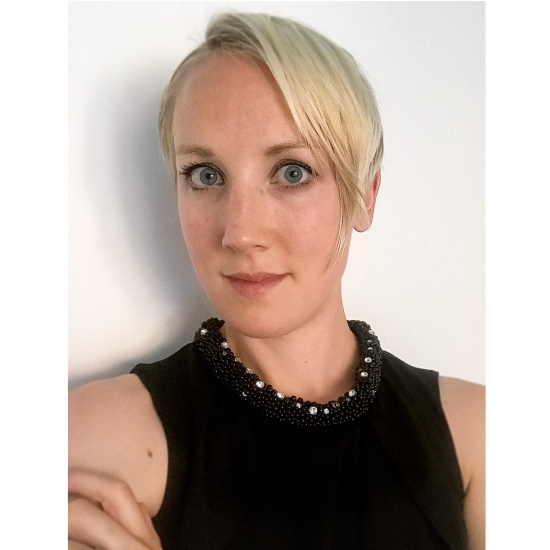
Emma Pinchbeck

Emma PinchbeckEmma Pinchbeck is the Chief Executive of Energy UK, a position that she has held since July 2020. She is an expert in whole-economy decarbonisation and the energy transition. She also holds several board advisory positions. Emma had her first baby in October 2019 and shares childcare with her husband. She is passionate about efforts to improve diversity in the energy industry. From 2016-2020, she served as Deputy CEO of the trade body Renewable UK, in which role she also sat on the Board of Scottish Renewables. Prior to this, Emma was Head of Climate Change at WWFU-K. She has an MA from the University of Oxford. 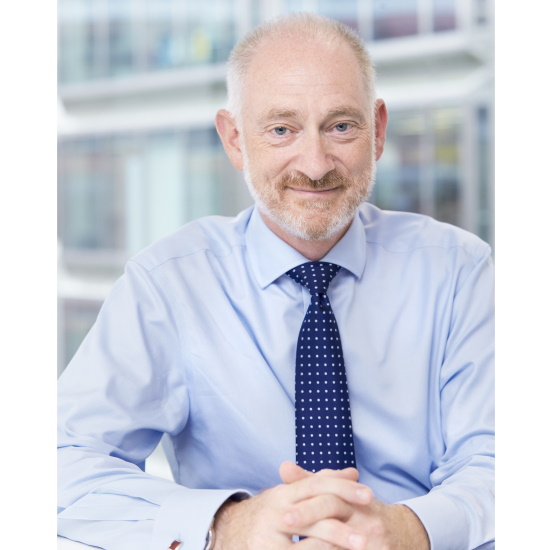
Benj Sykes

Benj SykesBenj leads Ørsted’s UK team responsible for business growth, setting and delivering our sustainability and environmental agendas and securing consents for our project pipeline, overseeing the company’s relationships across government, authorities and NGOs, and delivery of the company’s brand and media strategies. Until December 2020 Benj co-chaired the Offshore Wind Industry Council alongside the UK Government’s Energy Minister, and led the work to agree the programme of activities and commitments between industry and government through the Offshore Wind Sector Deal. He has also served as Chair of the Board of G+, providing Health and Safety leadership for the offshore wind sector, and served on the government-appointed Advisory Panel on Highly Protected Marine Areas. He continues to work with OWIC, chairing the Pathways to Growth programme to address the barriers to the offshore wind sector delivering its full contribution to net zero. Benj led the global offshore renewable sector’s work in support of the High Level Panel for Sustainable Ocean Economies, forming the Offshore Renewable Energy Action Coalition and publishing their ground-breaking report on unlocking the full potential of ocean renewable energy, and served on the Independent Panel advising on Highly Protected Marine Areas. Benj joined Ørsted from the Carbon Trust where, as Director of Innovation, he led the company's multi-million pound technology innovation programme across a wide range of novel low carbon technologies for both power generation and energy efficiency. Before moving into the low carbon sector, Benj worked in the upstream oil and gas industry, most recently at Hess Corporation, a Fortune 100 Oil and Gas company, where he led the company’s European production business. He is a Fellow of the Geological Society, an Honorary Fellow of the Energy Institute, and chairs the Durham Energy Institute’s Advisory Board. 
Toby Park

Toby ParkToby leads the energy, environment and sustainability work at the behavioural insights team, covering topics as diverse as energy, mobility, food systems, circular economy and wildlife conservation. His expertise lies in the psychology of pro-environmental action at the individual and societal level. He has led the design of behavioural policy, campaigns and interventions for government departments, environmental NGOs and environmentally conscious businesses around the world. He has led much of BIT's thought leadership in the application of behavioural science to climate and environment, including on sustainable diets, electric vehicle adoption, green nudges, and nature conservation. More recently he has been advising the UK government on the public engagement and behavioural dimensions of its Net Zero strategy, with a strong focus on the decarbonisation of domestic heat. Toby's background is in psychology and engineering. |
|---|---|
| 15:30 - 14:15 |
Panel discussion: Agriculture, forestry and land-use sectors

Dr Stephen Cornelius

Dr Stephen CorneliusDr Stephen Cornelius has been WWF-UK’s Chief Adviser on Climate Change since 2015. Stephen is a member of WWF’s international climate and energy leadership team and leads WWF’s engagement with the IPCC. He has attended all the report approval sessions during the IPCC Sixth Assessment cycle. He works on a range of topics such as implications of climate change on nature, the WWF carbon footprint calculator and the UK’s carbon footprint. He led the production of WWF’s international report on Climate, Nature and our 1.5°C Future – which explores climate change and biodiversity interactions and links to nature-based solutions. Prior the civil service he worked in the UK and Japan as an automotive engineering consultant specialising in emissions control. Stephen grew up in Australia and holds an honours degree in chemical engineering from the University of New South Wales. He came to Cambridge and completed a PhD in control engineering on pollution control from cars. 
Minette Batters

Minette Batters
Dr Helen McKay OBE

Dr Helen McKay OBE |
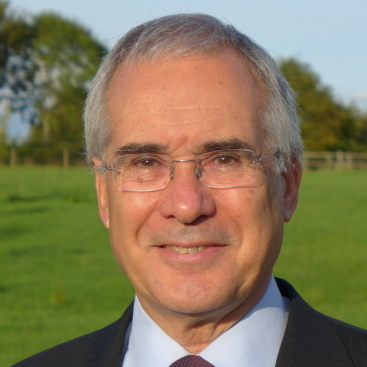
Professor Lord Nicholas Stern CH Kt FBA FRS

Professor Lord Nicholas Stern CH Kt FBA FRSNicholas Stern is IG Patel Professor of Economics and Government, Co-Director of the India Observatory and Chair, Grantham Research Institute at the London School of Economics. He has held posts at other UK & overseas universities, and as Chief Economist at both the EBRD and the World Bank. He was Head, UK Government Economic Service 2003-2007, and produced the Stern Review on the economics of climate change. He was President of the Royal Economic Society (2018-2019). He was President of the British Academy (July 2013-2017) and was elected Fellow of the Royal Society (June 2014). He was knighted for services to economics (2004), made a life peer (2007), and appointed Companion of Honour for services to economics, international relations and tackling climate change in 2017. He has published more than 15 books and 100 articles. Most recent books: How Lives Change: Palanpur, India and Development Economics (with Himanshu and Peter Lanjouw, OUP 2018). This is the third volume on Palanpur and the first two volumes (Palanpur: the economy of an India village (with C.J. Bliss) and Economic Development in Palanpur over five decades (with Peter Lanjouw), were republished in paperback by OUP 2018; and Standing Up for a Sustainable World: Voices of Change, Edward Elgar, 2020. He is a member of the High-Level Advisory Group on Sustainable and Inclusive Growth (HLAG). |
Chair

Professor Keith Shine FRS

Professor Keith Shine FRS

Dr Valérie Masson-Delmotte

Dr Valérie Masson-DelmotteValérie Masson-Delmotte is a climatologist at the Laboratory for Sciences of Climate and Environment (LSCE) and a research director at the Alternative Energies and Atomic Energy Commission (CEA). She has been Co-Chair of the IPCC Working Group I for its 6th assessment cycle since being elected in 2015. She has served on numerous national and international projects in addition to the IPCC, including serving as a member of the French Research Strategic Council since 2014. She has published extensively, including several books for the general public, as well as books for children. 
Professor Jim Skea CBE OBE

Professor Jim Skea CBE OBEJim Skea is Professor of Sustainable Energy at Imperial College London with research interests in energy, climate change and technological innovation. He is currently Co-Chair of IPCC Working Group III for the 6th assessment cycle. He was Research Director of the UK Energy Research Centre 2004-12 and Director of the Policy Studies Institute 1998-2004. He has operated at the interface between research, policy-making and business throughout his career. He was a member of the UK Committee on Climate Change from its inception in 2008 until 2018. From 2018 to 2021 he chaired the first phase of the Scottish Just Transition Commission which made recommendations on how to make a fair and equitable transition to net zero greenhouse gas emissions in Scotland. He was re-appointed as Chair for the second phase in 2021. Until June 2017, he was President of the UK Energy Institute. He was awarded a CBE for services to sustainable energy in 2013 and an OBE for services to sustainable transport in 2004. 
Professor Hans-Otto Pörtner

Professor Hans-Otto PörtnerProfessor Hans-O. Pörtner received his PhD and habilitated in Animal Physiology at Münster and Düsseldorf Universities. As a Research and then Heisenberg Fellow of the German Research Council he worked at Dalhousie and Acadia Universities, Nova Scotia, Canada and at the Lovelace Medical Foundation, Albuquerque, New Mexico, USA, before he became Professor and Head of Integrative Ecophysiology at the Alfred Wegener Institute, Bremerhaven, Germany. He has established theory and evidence on effects of climate warming, ocean acidification, and hypoxia on marine animals and ecosystems. His efforts focus on linking biogeography and ecosystem functioning to molecular, biochemical and physiological mechanisms shaping organism tolerance and performance. After his earlier contributions (as Lead Author and Coordinating Lead Author) to the 4th and 5th assessment cycles of the IPCC (Intergovernmental Panel on Climate Change) he was elected Co-Chair of IPCC Working Group II for AR6 in October 2015. He is an elected member of the European Academy of Sciences, the German Advisory Council on Global Change and a Web of Science/Clarivate Analytics highly cited researcher (top 1% Cross-Field) 2018 onward. |
Chair
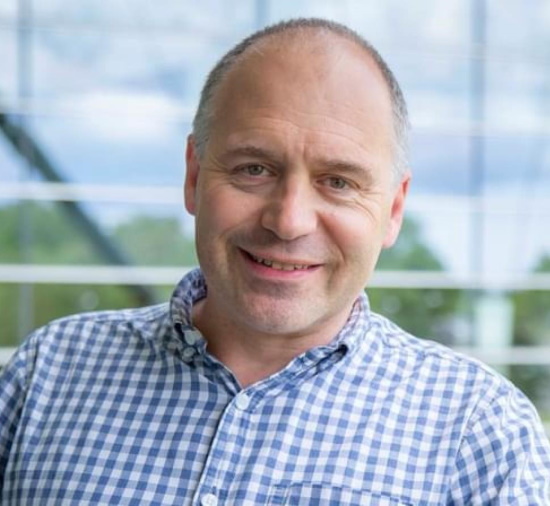
Professor Richard Betts MBE

Professor Richard Betts MBE
Professor Richard Betts MBE is Head of Climate Impacts Research at the Met Office Hadley Centre and Chair in Climate Impacts at the University of Exeter. He has worked in climate modelling since 1992. He founded the Met Office’s research activities into the impacts of climate change and led the rapid growth and evolution of this area. He coordinated a major EU Framework 7 project HELIX (High-End cLimate Impacts and eXtremes) and led the Technical Report for the UK’s 3rd National Climate Change Risk Assessment (CCRA3). He has served as a Lead Author on the 4th, 5th and 6th Assessment Reports of the IPCC. In 2019 he was appointed as an MBE for Services to Understanding Climate Change, and in 2020 he was awarded the Royal Meteorological Society’s Climate Science Communications Award.
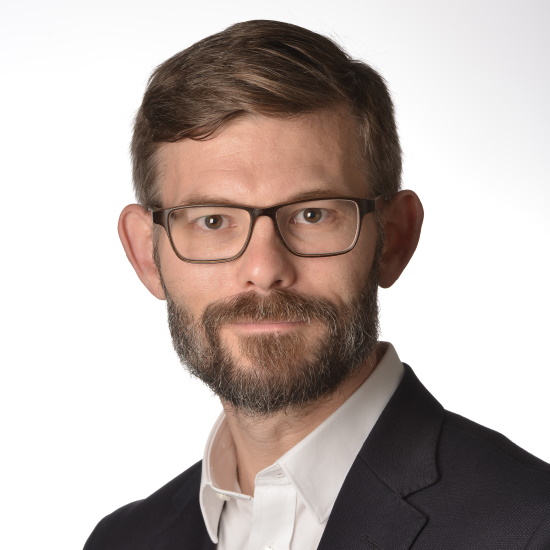
Dr Joeri Rogelj

Dr Joeri RogeljDr Joeri Rogelj is Director of Research of the Grantham Institute at Imperial College London. He is also affiliated with the International Institute for Applied Systems Analysis in Austria. He explores how societies can transform towards more sustainable futures connecting Earth system sciences to the study of societal change and policy. Dr Rogelj is a long-serving lead author on the annual Emissions Gap Reports by the UN Environment Programme, and coordinated the mitigation pathways assessment for the IPCC Special Report on Global Warming of 1.5°C. More recently, he served as a Lead Author on the IPCC’s 2021 Sixth Assessment Report. Since 2022, he is a member of the European Scientific Advisory Board on Climate Change. 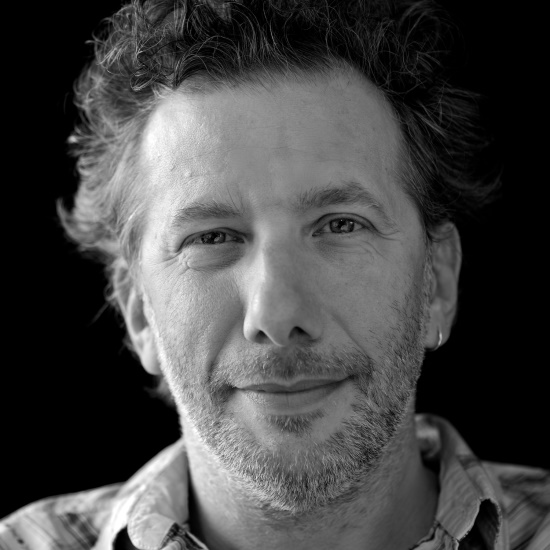
Professor Pierre Friedlingstein

Professor Pierre FriedlingsteinProfessor Pierre Friedlingstein, Royal Society Wolfson Research Merit recipient, holds a Chair in Mathematical Modelling of the Climate System at the University of Exeter and is also Directeur de Recherche at the Laboratoire de Météorologie dynamique (LMD), Centre National de la Recherche Scientifique, France. He has 30 years research experience in the field of global carbon cycle modelling, global biogeochemical cycles and global climate change. He received the Alexander von Humbold Research award in 2019, the Vladimir Ivanovich Vernadsky Medal of the European Geosciences Union in 2020, and was ranked 3rd in the Reuters list of the world’s top climate scientists in 2021. He is an international leader in the understanding of the feedbacks between the carbon cycle and the climate system. He pioneered research on coupling between climate change and the carbon cycle, developing an original climate-carbon cycle feedback mathematical framework. Over the last decade, he leads several international activities, in particular the Coupled Climate Carbon Cycle Model Intercomparison Project (C4MIP), and more recently, the Global Carbon Budget, an effort that provides reliable carbon cycle information to assist international climate policy. He is member of the Joint Science Committee of the World Climate Research Programme and lead author for the Intergovernmental Panel on Climate Change 4th and 5th assessment reports. |
|
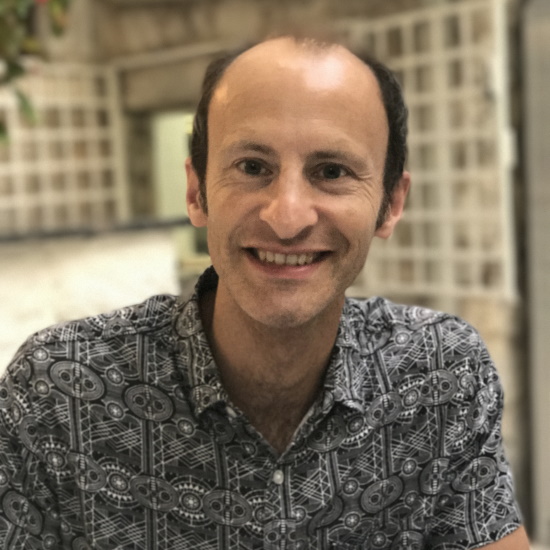
Professor Richard Allan

Professor Richard AllanI am professor of Climate Science at the University of Reading Department of Meteorology. My research is driven by the fundamental question: how much will Earth warm in the current century and what are the implications for the global water cycle, upon which societies and ecosystems depend? I use Earth Observation data to explore fluctuations in clouds, water vapour, rainfall and the Earth's radiative energy balance and use this information to assess the realism of climate prediction models and improve our understanding of the climate system. I am a lead author on the Water Cycle Changes chapter of the IPCC AR6 Working Group 1 report. 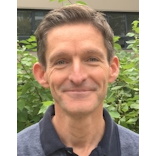
Professor Andy Challinor

Professor Andy ChallinorAndy Challinor is a Professor of Climate Impacts and leader and founding member of the Climate Impacts Group at the University of Leeds. He develops and uses crop models together with climate models to create strategies for managing risk and adapting food systems to climate change. He leads one of the three themes of GCRF-Africap, a £9M project focusing on capacity building and policy; and is funded by the CGIAR, through the ClimBeR Initiative (Building Systemic Resilience Against Climate Variability and Extremes). Work on crop breeding for nutrition security is funded by the BBSRC, and work on remote sensing and moodelling for early warning is funded by the EU. Andy has written and edited for IPCC WG2 and the UK Climate Change Risk Assessment (CCRA). And is Specialty Chief Editor of the Climate-Smart Food Systems section of Frontiers in Sustainable Food Systems. |
|
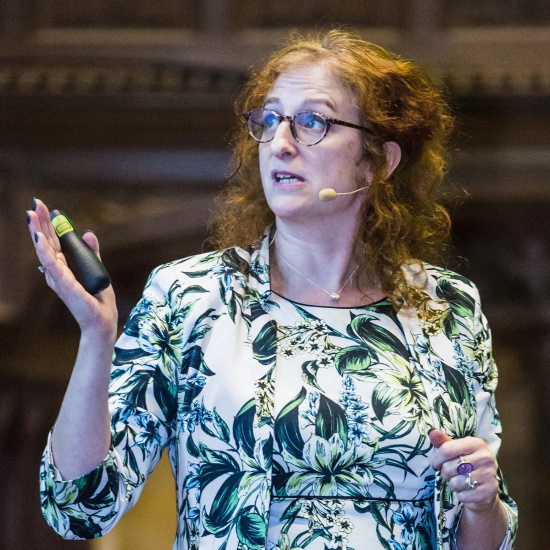
Dr Joanna House

Dr Joanna HouseJo House is an Associate Professor in Climate Change Science and Policy at University of Bristol. Her main area of expertise is emissions of carbon dioxide from land use change (e.g. deforestation), and land-based mitigation (e.g. afforestation, bioenergy). She spent a year in the UK Government Office for Science as Head of Climate Advice, is founding Co-Chair of the Bristol Advisory Committee on Climate Change, and advises UK Government, Local Authorities, the EU and various NGOs e.g. National Farmers Union. She is author of many IPCC reports including the Special Report on Climate Change and Land (2019), methodologies for greenhouse gas inventories (2019 revision), and the 6th Assessment Report (2022). 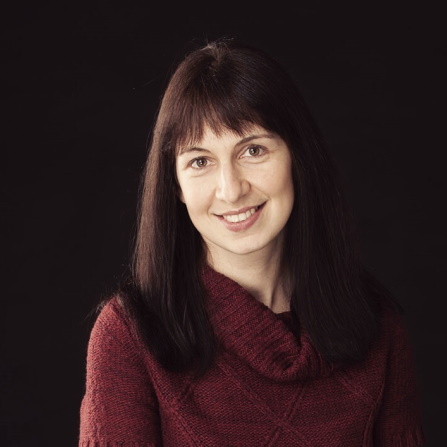
Professor Lindsay Stringer

Professor Lindsay StringerLindsay C. Stringer is Professor in Environment and Development at the University of York. She has a long-established track record of interdisciplinary research on the human and environmental aspects of climate change, land degradation, biodiversity conservation and international development, with particular emphasis on livelihoods, adaptation, equity and policy. Lindsay has published more than 170 peer reviewed journal papers and was previously a Royal Society Wolfson Research Merit Award holder, as well as winner of a Philip Leverhulme Prize. Lindsay was a lead author for the Intergovernmental Panel on Climate Change (IPCC) Special Report on Climate Change and Land, and for AR6, in chapter 8: Poverty, Livelihoods and Sustainable Development. She was a coordinating lead author for the AR6 cross-chapter paper on deserts, semi-arid areas and desertification. She was previously a coordinating lead author for the Intergovernmental Platform on Biodiversity and Ecosystem Services (IPBES) Africa Regional Assessment. |
|
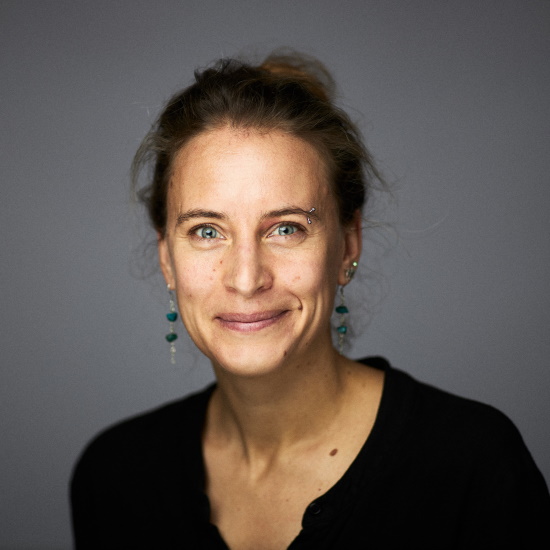
Dr Friederike Otto

Dr Friederike OttoFriederike (Fredi) is a Senior Lecturer in Climate Science at the Grantham Institute for Climate Change and the Environment, one of Imperial's six hubs for research, innovation, and influence on global challenges. Fredi is a physicist with a doctorate in philosophy of science from the Free University Berlin. She joined the University of Oxford in the same year and was associate director of the Environmental Change Institute at the University of Oxford before joining Imperial in October 2021. Her main research interests include extreme weather events such as droughts, heat waves and storms, and understanding whether and to what extent these are made more likely or intense due to climate change - known by experts as 'climate change attribution'. In 2018, Fredi became one of the international climate scientists writing the Intergovernmental Panel on Climate Change (IPCC) Sixth Assessment Report (AR6) The Scientific Basis, which was published in August 2021. She is also an author on the IPCC's new Synthesis Report which will be published in September 2022. In 2020 Climate Change Attribution was named one of MIT Tech Review's top ten breakthrough technologies. In 2021 Fredi was recognised for her co-founding of WWA on the TIME100 list as one of the world’s most influential individuals, according to the renowned TIME magazine and as one of the top 10 people who made a difference in science in 2021, by the journal Nature. 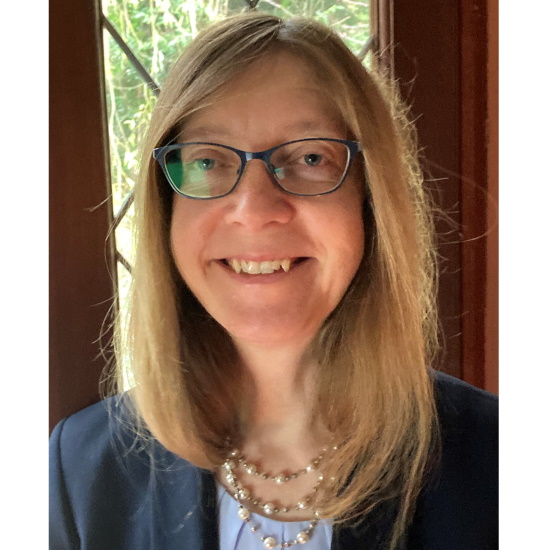
Professor Rachel Warren

Professor Rachel WarrenRachel Warren, Professor of Global Change and Environmental Biology at the Tyndall Centre for Climate Change Research, University of East Angila, is an interdisciplinary synthesist with over 20 years’ experience leading national/international teams to deliver policy relevant science on climate change, biodiversity loss and sustainability. She was a coordinating lead author of the 5th (2014) assessment of the Intergovernmental Panel on Climate Change (IPCC), lead author in the 4th and 6th assessments, the Special Report on 1.5°C warming, and the recent UNEP Making Peace with Nature report. Her contributions to these reports have informed world governments about the accrual of climate change risk with increasing levels of global warming, and the benefits of limiting warming to 1.5C, especially for biodiversity. Warren has 100 peer reviewed publications including nine in Nature/Science, with >18,000 Google Scholar citations. She works closely with the UK Department of Business, Energy and Industrial Strategy and the UK Climate Change Committee. Moody’s used her work to inspire the largest pension fund in the world to decarbonise. |
Chair
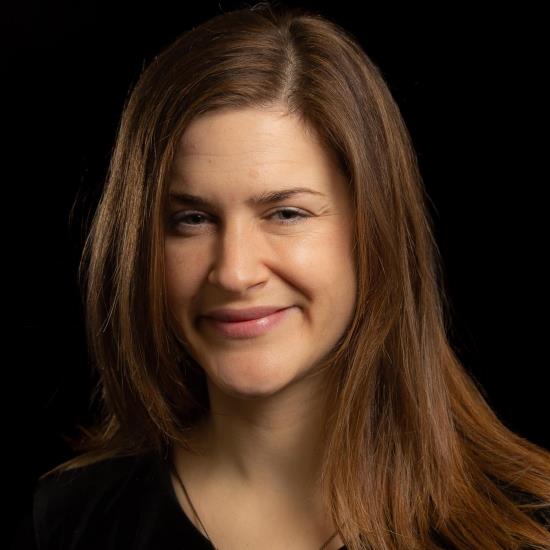
Professor Rachel Lowe, ICREA/Barcelona Supercomputing Center, Spain

Professor Rachel Lowe, ICREA/Barcelona Supercomputing Center, Spain
Rachel Lowe is an ICREA Research Professor and Global Health Resilience Team Leader at the Barcelona Supercomputing Center. She also holds a Royal Society Dorothy Hodgkin Fellowship at the London School of Hygiene & Tropical Medicine. Rachel’s research focuses on co-developing policy-relevant methodological solutions, to enhance surveillance, preparedness and response to climate-sensitive disease outbreaks and emergence. She has published high impact research on integrating seasonal climate forecasts in early warning systems for infectious diseases in Latin America, the Caribbean and Southeast Asia. Rachel is the Director of the Lancet Countdown on health and climate change in Europe. She is a member of the World Meteorological Organization COVID-19 research task team and was a contributing author of the IPCC Sixth Assessment Report (WGII) chapter on risks across sectors and regions.
Lightning talks

Dr Thomas Bauska

Dr Thomas BauskaThomas Bauska is an ice core scientist and isotope geochemist who specializes in reconstructing past changes in greenhouse gases from polar ice. The overarching goal of his research is to use the climate and carbon cycle variability of the past to inform projections of the future. He holds a B.S. in Geophysical Sciences from the University of Chicago and a Ph.D. in Geology from Oregon State University. After a postdoc at the University of Cambridge, he joined the British Antarctic Survey as the Royal Society University Research Fellow where he recently established a laboratory focused on novel methods of ice core gas analysis. 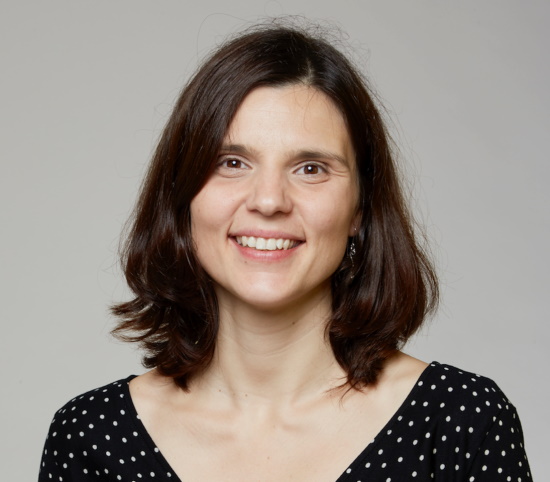
Dr Celia Martin-Puertas

Dr Celia Martin-PuertasDr Celia Martin-Puertas is a Lecturer in Physical Geography at Royal Holloway University of London and a Royal Society Dorothy Hodgkin Research Fellow (2017-2021). She is a palaeoclimatologist working with annually laminated lake sediments (varves) and uses them as a record of past climate variability. Celia is interested in the evolution of atmospheric dynamics that control meteorological variables in the North Atlantic and European sectors during the present interglacial period, the last 11,700 years. Reconstructing interannual to decadal climate variability over thousands of years helps to better understand mechanisms behind extreme weather events such as floods or heat waves as well as the response of the Earth’s climate system to external climate forcing (e.g., solar activity, volcanic eruptions, ice melting, and green house gasses). Celia’s research is based on a co-production approach between palaeoclimatologists, meteorological organisations, and policy makers to better connect (palaeo) climate data with information required by stakeholders / policy makers for responses to climate change. 
Dr Christopher O'Reilly

Dr Christopher O'ReillyChris is interested in the dynamics of the Earth’s climate system. His research broadly focuses on understanding mechanisms of climate variability and change, as well as the predictability of future climate, across a range of timescales. He studied for an undergraduate degree and a PhD at Imperial College London. He has since held postdoctoral research positions at Hokkaido University (in Japan) and the University of Oxford. He is currently a Royal Society University Research Fellow based at the Department of Meteorology, University of Reading. 
Dr Corwin Wright

Dr Corwin WrightCorwin Wright is a Royal Society University Research Fellow based in the Centre for Space, Atmospheric and Oceanic Science at the University of Bath. His current research programme focuses on the study of atmospheric coupling via gravity waves. These waves are a critical mechanism for momentum and energy transport in the atmosphere, and are vitally important to accurate weather and climate forecasting. Before his Research Fellowship, he was a research officer at the university of Bath, and holds a DPhil from the University of Oxford. 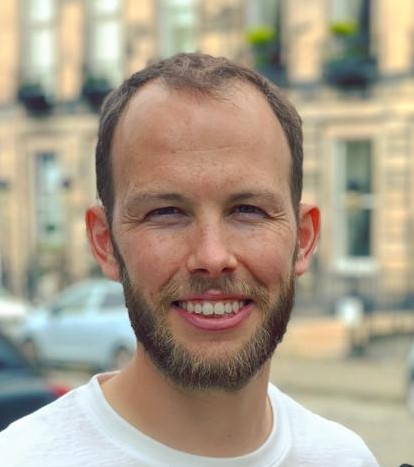
Dr Martin Wearing

Dr Martin WearingMartin is a Postdoctoral Research Associate in Antarctic Ice Sheet modelling at the University of Edinburgh. His research focuses on using numerical models and geophysical observations to improve our understanding of the dynamics of the Antarctic Ice Sheet and its potential future contribution to sea-level. After completing his PhD at the University of Cambridge and British Antarctic Survey in 2016, he spent 3 years as a Postdoctoral Research Scientist at the Lamont-Doherty Earth Observatory, Columbia University, USA. During this time, he participated in Antarctic fieldwork spending two months as part of a team performing an airborne survey of the Ross Ice Shelf. 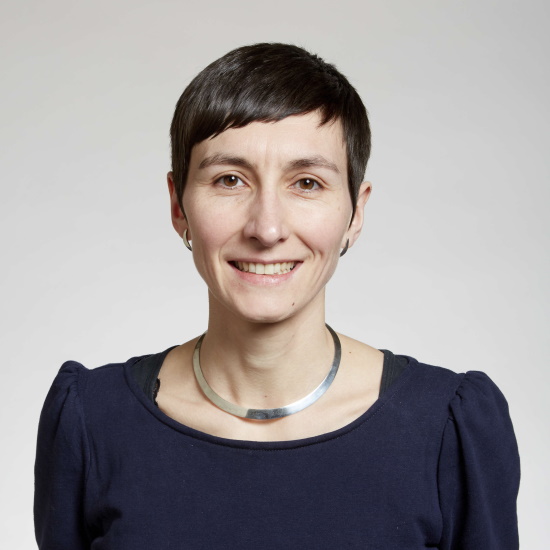
Dr Mélanie Roffet-Salque

Dr Mélanie Roffet-SalqueDr Melanie Roffet-Salque’s PhD and post-doctoral research at the University of Bristol involved investigating the emergence of dairying practices in Neolithic Europe. She studied lipid biomarker and stable carbon isotope compositions of food residues from pottery containers. Melanie was awarded a Royal Society Dorothy Hodgkin Fellowship in 2018 to develop a novel palaeoclimate proxy using hydrogen isotope records from animal fats preserved in archaeological and historical artefacts. She is a proleptic lecturer in Environmental Chemistry at University of Bristol since 2022. Melanie’s research is highly interdisciplinary but has analytical chemistry and the environment at its core. She has a deep interest in humans in the past and their relationships to the environments in which they lived. 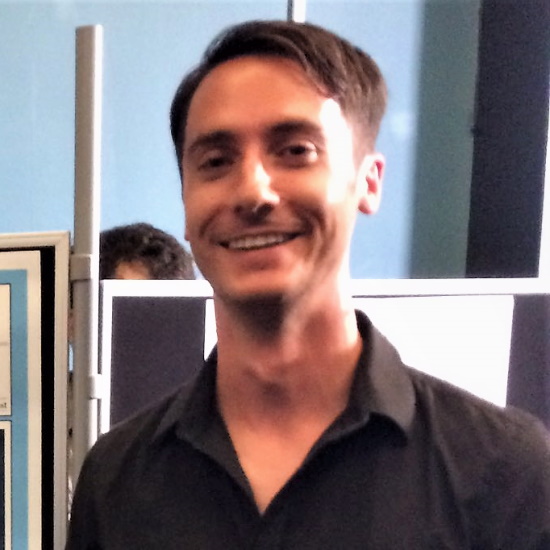
Dr Philip Mannion

Dr Philip MannionPhil Mannion is a Royal Society URF and Associate Professor in Palaeobiology in the Department of Earth Sciences, University College London. His research utilizes the fossil record of terrestrial vertebrates to better constrain the responses of species to global climatic change, incorporating outputs from palaeoclimate models. In addition to using the past to contextualize present-day responses, his research also combines past and present-day records of extant vertebrates and their associated environmental parameters into species distribution models, which are a key tool for forecasting future distributions of species under different climatic scenarios. This combined approach captures information on the distribution of a species prior to anthropogenic disturbances, providing a closer approximation of the fundamental ecological niche of a species, with implications for conservation and rewilding programmes. 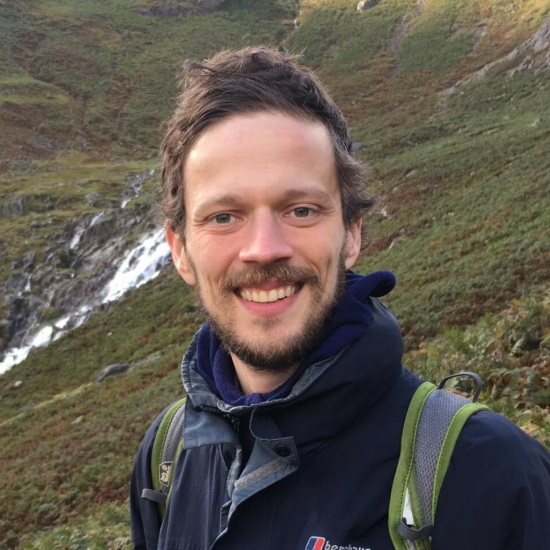
Dr Edward Gryspeerdt

Dr Edward GryspeerdtEdward Gryspeerdt is a URF at the Grantham Institute and Department of Physics at Imperial College London, having previously worked at the Universities of Leipzig and Oxford. His research focuses on understanding the processes that control the properties of clouds, how these are influenced by human activity and the impact on the climate system, using a variety of models and observational data. 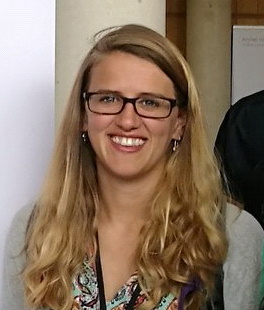
Dr Carly Reddington

Dr Carly ReddingtonDr Carly Reddington is a Research Fellow in the Institute for Climate and Atmospheric Science at the University of Leeds. Carly’s research fellow position is supported by a gift from AIA Group Ltd as part of the Air Quality in Asia Project. Carly’s primary research interest is to investigate how air pollutant emissions change the composition of the atmosphere, degrade regional air quality, and effect public health. She is passionate about conducting research that has an impact beyond the scientific community and can be used to inform policy and practice. Carly is currently using computer models of the atmosphere and earth system to examine the effects of future climate-change and air pollution mitigation policies on public exposure and health in China and globally. 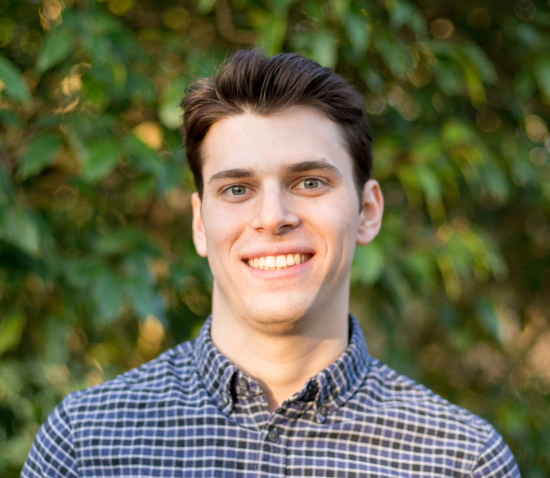
Rupert Stuart-Smith

Rupert Stuart-SmithRupert Stuart-Smith is a Research Associate in Climate Science and the Law at the Oxford Sustainable Law Programme. His present research interests cover the use and interpretation of climate science evidence in litigation and methodological developments in climate change attribution science. His current work also spans climate and glacier modelling, the impacts of climate change on health and strategy development for climate litigation. Rupert's recent publications include research on the impact of climate change on glacial retreat in Peru in the context of an ongoing lawsuit (Lliuya v RWE) and the evidence needed to bring successful legal claims on the impacts of climate change. His research has been published in leading scientific journals including Nature Geoscience and Nature Climate Change. 
Dr Simon Dikau

Dr Simon DikauSimon joined the Grantham Research Institute on Climate Change and the Environment in May 2019. He is working as a Research Officer on central banking and financial supervision in the context of climate change and sustainable finance, exploring the overarching question of how central banks and financial supervisors can respond to downside risks facing the financial sector. Simon holds a PhD in Economics from SOAS University of London on ‘Central Banking and Economic Development’. |
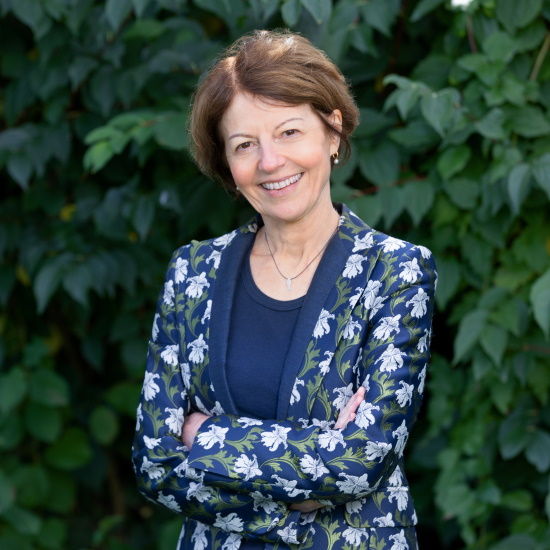
Dr Anne Larigauderie

Dr Anne LarigauderieDr. Anne Larigauderie is the founding Executive Secretary of IPBES, the Intergovernmental Science-Policy Platform on Biodiversity and Ecosystem Services, established by Governments in 2012. She has occupied this position since 2014 when the IPBES secretariat opened in Bonn, hosted by the Government of Germany. Anne was born and raised in Bourges, France, and studied in the cities of Tours, Toulouse and Montpellier. She received her PhD in plant ecology, from the Université des Sciences et Techniques du Languedoc and Centre d’Ecologie Fonctionnelle et Evolutive, Montpellier, France. She spent the first part of her career as a research scientist, working on the impact of climate change on plant physiology and ecology in various ecosystems across several continents. Anne performed research at UC Davis, San Diego State University, Duke University and at the Uni-Basel Institute of Botany working, among others, on the arctic tundra in Alaska, the annual grassland in California, and alpine plant communities in Switzerland. She then occupied several positions at the interface between science and policy. She is the former Executive Director of DIVERSITAS, the international programme dedicated to biodiversity science, which became in 2015, a component of the Future Earth programme for global sustainability. In 2010, she was made “Chevalier dans l’Ordre national de la Légion d’Honneur” and in 2021, “Officier dans l’Ordre national de la Légion d’Honneur”, by the Minister of Education and Research of France. |
Chair
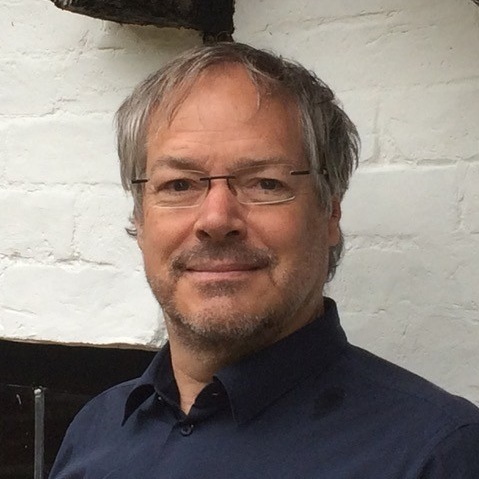
Professor Ted Shepherd FRS

Professor Ted Shepherd FRS
Ted Shepherd FRS is the Grantham Professor of Climate Science in the Department of Meteorology at the University of Reading. Ted is a dynamical meteorologist whose interests range from theoretical geophysical fluid dynamics to climate modelling and data analysis, with a focus on atmospheric circulation. This span from fundamentals to applications has been a hallmark of his research. Ted’s recent work has been pioneering the concept of physical climate storylines as a way of understanding the role of atmospheric circulation in climate change, which has implications for regional adaptation and societal risk. Ted has held leadership roles in scientific assessments of both climate (IPCC) and stratospheric ozone (WMO/UNEP), and in the World Climate Research Programme (WCRP), and currently is co-lead of the WCRP’s new Lighthouse Activity, ‘My Climate Risk’.
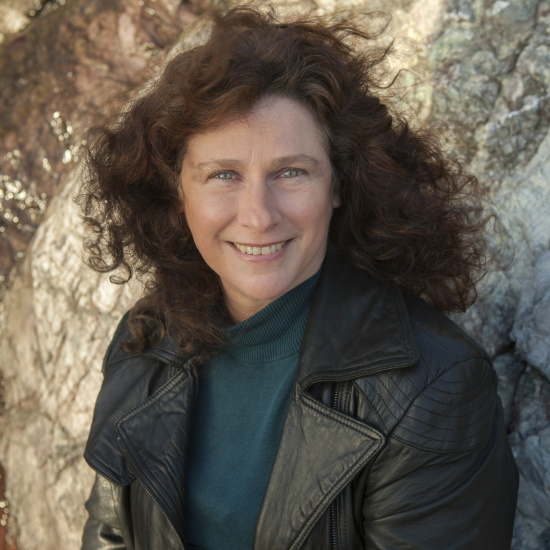
Professor Camille Parmesan

Professor Camille ParmesanCamille Parmesan is Director of Research at the CNRS Station for Experimental and Theoretical Ecology (SETE, in Moulis, France) as a French "Make Our Planet Great Again" Laureate. Her research focuses on the impacts of climate change on wild plants and animals and spans from field-based work on butterflies to synthetic analyses of global impacts on a broad range of species across terrestrial and marine biomes. She has also authored numerous assessments of impacts of climate change on agricultural pests and on human health, through changes in disease risk. Her 2003 paper in Nature was ranked the most highly cited paper in Climate Change (Carbon Brief, 2015). Her scientific awards include being the 2nd highest-cited author in "climate change" (T Reuters) and being named the "2013 Distinguished Scientist" by Texas Academy of Sciences. She has been elected Fellow of the European Academy of Sciences, Fellow of the Ecological Society of America and Honorary Fellow of the Royal Entomological Society. She received the Conservation Achievement Award by the National Wildlife Federation and was named "Outstanding Woman Working on Climate Change," by IUCN. She has worked with the Intergovernmental Panel on Climate Change for >20 years, and is an official Contributor to IPCC's Nobel Peace Prize in 2007. She is currently a Coordinating Lead Author for the Intergovernmental Panel on Climate Change (IPCC) 6th Assessment Report. She also has affiliations with the University of Plymouth (UK) and the University of Texas at Austin (USA). 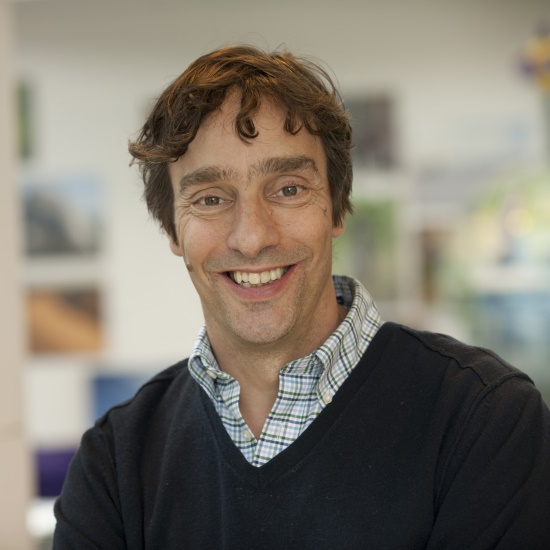
Professor Piers Forster

Professor Piers ForsterPiers Forster is the founding Director of the Priestley International Centre for Climate and Professor of Physical Climate Change at the University of Leeds. He researchers the causes of climate change, climate feedbacks and mitigation strategies. He has played leading roles authoring Intergovernmental Panel on Climate Change (IPCC) reports, including acting as Lead Author for the IPCC Special Report on 1.5°C and Coordinating Lead Author for the IPCC 6th Assessment Report, published in August 2021. He has sat on the UK Government’s Climate Change Committee since 2018, acting as independent advisor to the UK Government on its climate targets. 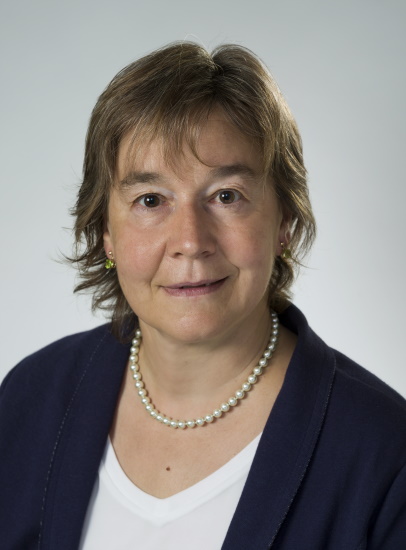
Professor Gabriele Hegerl FRS

Professor Gabriele Hegerl FRSGabriele Hegerl is professor of climate system science at the University of Edinburgh. Prior to coming to Edinburgh, she has been at the Max-Planck Institute for Meteorology in Germany, and the University of Washington, Texas A&M and Duke University in the US. Her research focuses on understanding the causes of climate change and using observations to constrain predictions of future climate change. Her work has determined causes of change in temperature, rainfall, and extreme events and she had key roles in Intergovernmental Panel on Climate Change assessments of climate change. Gabriele is a fellow of the Royal Society. 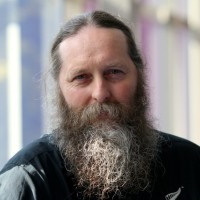
Professor Pete Smith FRS FRSB FRSE

Professor Pete Smith FRS FRSB FRSEPete Smith is Professor of Soils and Global Change at the Institute of Biological and Environmental Sciences at the University of Aberdeen (Scotland, UK) and Science Director of the Scottish Climate Change Centre of Expertise (ClimateXChange). His interests include climate change mitigation, soils, agriculture, food systems, ecosystem services and modelling. He has been an author on many reports of the Intergovernmental Panel on Climate Change (IPCC) and led its work of climate change mitigation in agriculture, forestry and land for its 4th and 5th Assessment Reports, and led its work interlinkages between land based mitigation options for the IPCC Special Report on Climate Change and Land. He is a Fellow of the Royal Society of Biology, a Fellow of the Institute of Soil Scientists, a Fellow of the Royal Society of Edinburgh, a Foreign Fellow of the Indian National Science Academy, a Fellow of the European Science Academy, and a Fellow of the Royal Society (London). |

Professor Eric Wolff FRS

Professor Eric Wolff FRSProfessor Eric Wolff FRS is a Royal Society Research Professor in the Department of Earth Sciences at Cambridge University. After graduating as a chemist, he has studied ice cores from the Antarctic and Greenland for the past 40 years, using them to understand changing climate, as well as changing levels of pollution in remote areas. Professor Wolff is also an Honorary Fellow at the British Antarctic Survey where he worked for many years. He chaired the science committee of the European Project for Ice Coring in Antarctica (EPICA), which produced 800,000 year records of climate from the Dome C (Antarctica) ice core. He recently held an ERC Advanced Grant that studies the past stability of the West Antarctic Ice Sheet. He chairs the Royal Society's working party on climate change, helping to produce a number of public and policy-facing reports. |
